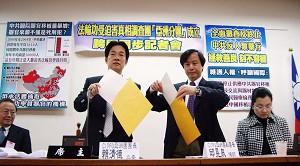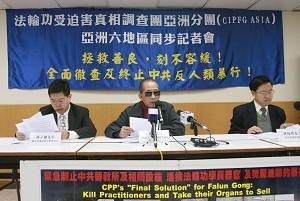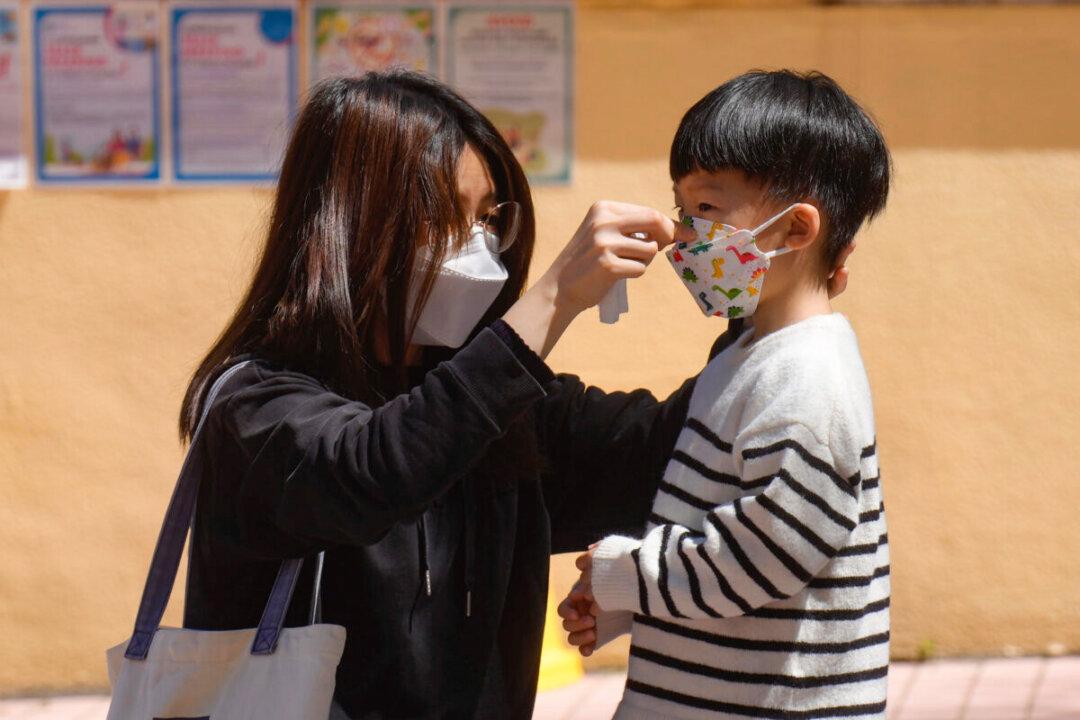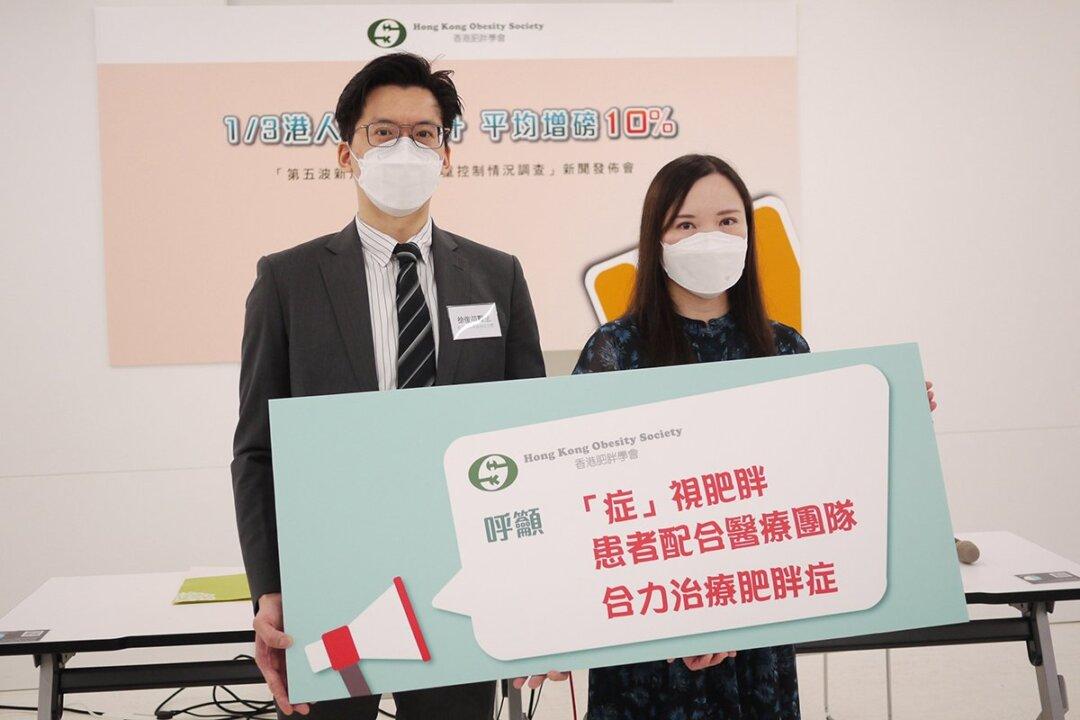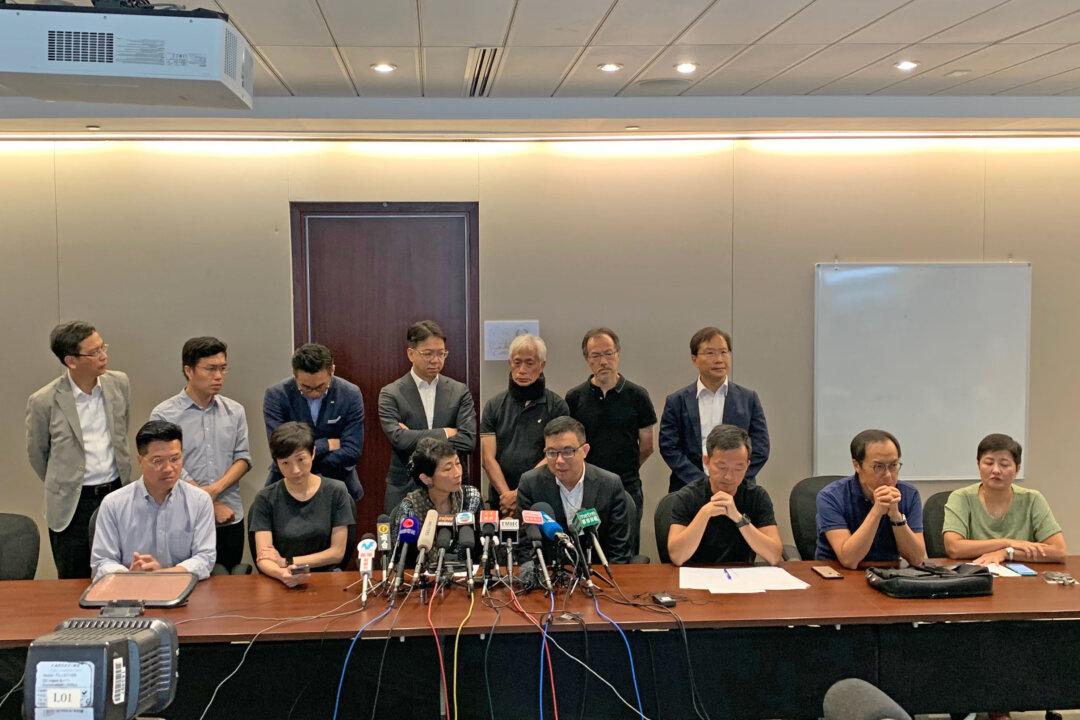On Dec. 19, a delegation made up of 117 VIPs from six Asian regions issued public announcements that the group would request unrestricted entry into China for a comprehensive investigation into labor camps, prisons, and the like, where Falun Gong practitioners are imprisoned.
The Coalition to Investigate the Persecution of Falun Gong (CIPFG)-Asia delegation was formed on International Human Rights Day, Dec. 12, 2006.
Beyond Politics and National Boundaries
In a press conference, Szeto Wah, the vice chairman of CIPFG-Asia said that the group is made up of more than one hundred members, including national and local lawmakers, administrative officials, human rights activists, attorneys, medical doctors, scholars, heads of non-governmental organizations, and journalists. CIPFG members are from Taiwan, Japan, South Korea, Hong Kong, Macao, and Malaysia.
Wah announced, “The group is formed by volunteers and is based on the common aspiration to protect basic human rights and concern for the seven-year-long persecution of Falun Gong by the CCP” [the Chinese Communist Party]. Wah is a former Hong Kong lawmaker and chairman of the Hong Kong Alliance in Support of Patriotic Democratic Movements in China.
Wah said that CIPFG members were shocked after reading the independent “Report into Allegations of Organ Harvesting of Falun Gong Practitioners in China,” published in July, 2006, by David Kilgour, former Canadian Secretary of State for Asia-Pacific, and international human rights lawyer David Matas.
CIPFG-Asia was formed after the Australian branch of CIPFG, which was established in the end of November with over 60 members, including Australia federal politicians, leaders of non-governmental organizations, and medical professionals. Wah also announced plans to form CIPFG-North America and CIPFG-Europe.
Taiwan lawmaker Lai Ching-te, chairman of CIPFG-Asia, disclosed that the Taiwan Department of Health is working on legislation regarding organ transplantation with organs of uncertain source in order to prevent Taiwanese nationals from unintentionally participating in the killing of innocent people for their organs.
Lai also told The Epoch Times that currently more than 10 of the 25 counties and cities in Taiwan have passed resolutions condemning China’s unethical organ harvesting. Many Taiwan lawmakers have joined in CIPFG-Asia.
